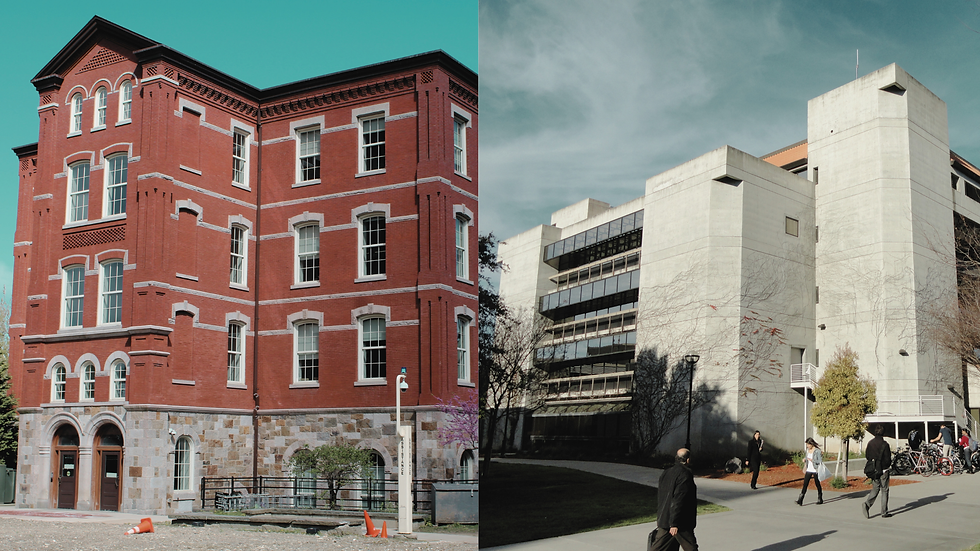Chinese Dissidents Die After Being Denied Medical Care
- Ebby Abramson
- Nov 21, 2017
- 2 min read
Updated: Mar 12, 2022
Less than four months after the death from liver cancer of scholar, writer, and Nobel Peace Laureate Liu Xiaobo, another Chinese dissident has died on medical parole. Yang Tongyan, recipient of the 2008 PEN/Barbara Goldsmith Freedom to Write Award, passed away on November 7, 2017, less than three months after his release from Nanjing Prison on medical parole in August following his diagnosis with an aggressive form of brain cancer.

Yang was convicted in 2006 for posting antigovernment articles online, having already spent a decade in prison for “counter-revolutionary” crimes. As in Liu’s case, Chinese authorities withheld proper medical treatment until Yang’s cancer was too advanced to treat, only then releasing him on medical parole.
A pattern is emerging in China in which the government releases activists, scholars, and students from prison in poor health only weeks before they die. Earlier instances include Cao Shunli, a prominent Beijing activist who was denied appropriate medical treatment while in jail and died of organ failure in March 2014, again just weeks after she was released on medical parole.
Other individuals who challenged the government and died after being deprived of medical care include petitioner-activists Chen Xiaoming and Duan Huimin in the mid-2000s and, more recently, Tibetans Goshul Lobsang and Tenzin Delek Rinpoche.
Endangered Scholars Worldwide (ESW) holds the Chinese government responsible for the death of these scholars and activists. Whether through deliberation or indifference, Chinese authorities are wielding the denial of adequate medical care as a weapon against their dissidents. ESW calls upon the Chinese government to end the practice of deliberately depriving political prisoners of medical care and to ensure that detainees are granted medical parole in time to properly treat their illnesses.




